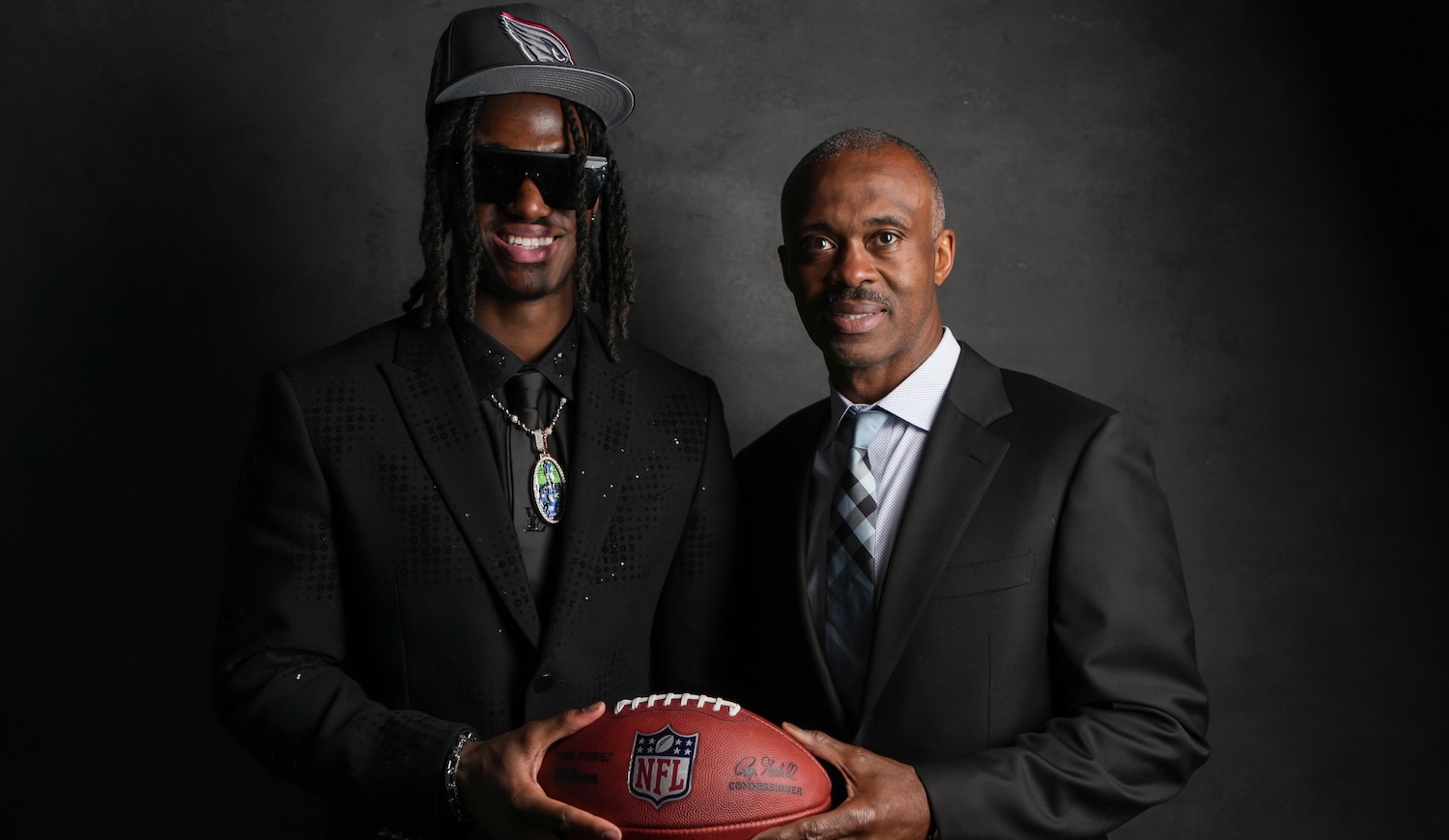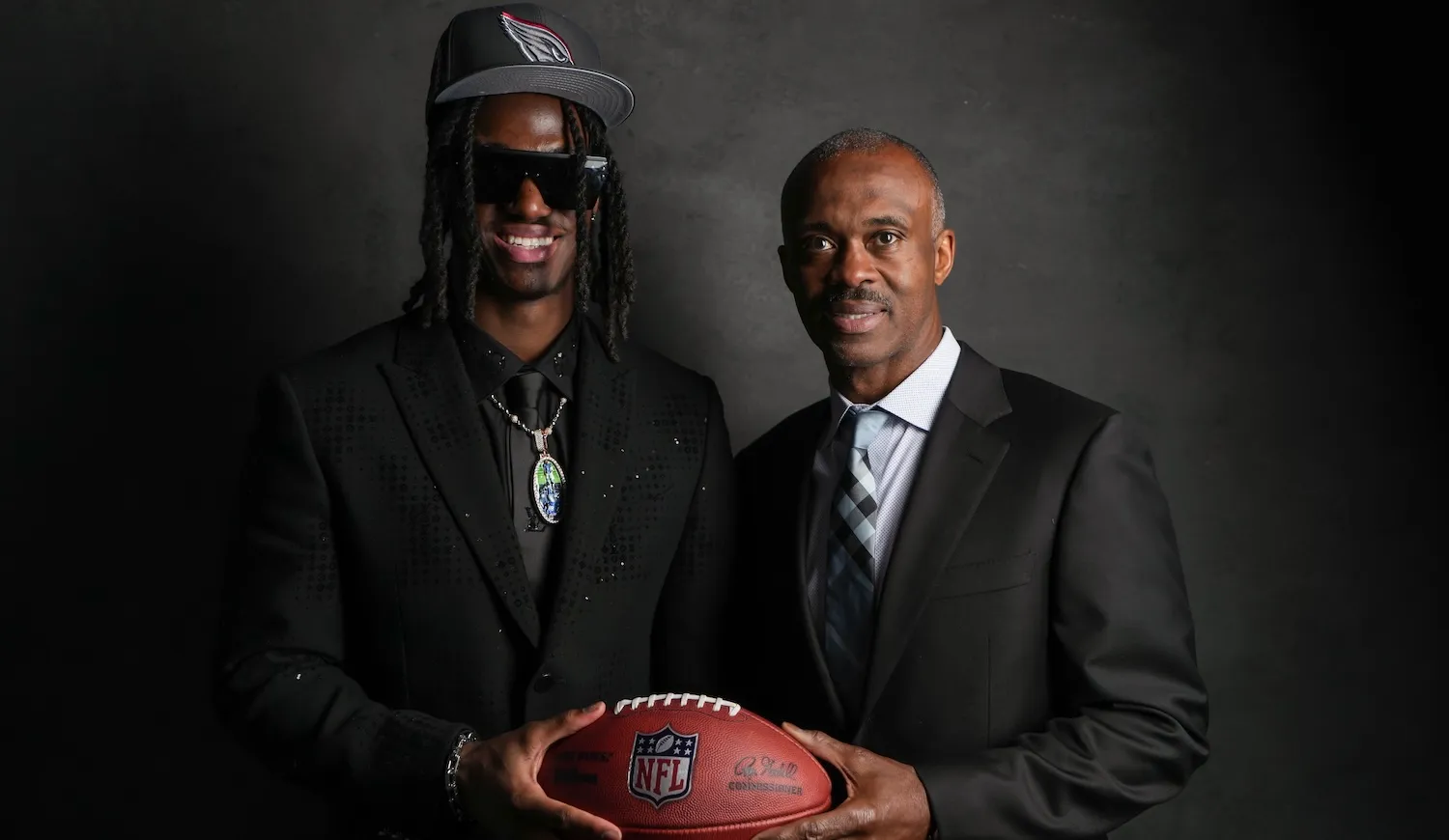Last Friday, Fanatics refiled its May lawsuit against Arizona Cardinals rookie Marvin Harrison Jr., introducing two new counts and naming his father as an additional defendant. According to Fanatics’ amended complaint, the involvement of both Marvins Harrison allegedly facilitated and advanced their purported fraud against one of the most disliked companies in sports.

The original lawsuit centered around a contract dispute involving a name, image, and likeness (NIL) term sheet that Harrison Jr. and Fanatics agreed upon in 2023, before Harrison Jr. entered the NFL. Fanatics asserts that this document is legally binding—referring to it as a “Binding Term Sheet” throughout the lawsuit, despite the typical distinction that term sheets are usually non-binding—and claims that Harrison Jr. has not fulfilled his obligations under it. The Harrisons argue that, since they only signed a term sheet and not a formal contract, they are not bound by any legal agreement with Fanatics.
After Harrison Jr. was selected by the Cardinals as the fourth overall pick in the 2024 draft, reports emerged that he had refused to sign the NFL Players Association’s standard group licensing agreement (GLA), which allows the NFLPA to market his NIL to various partners like licensed apparel companies and video game developers. Fanatics alleges this refusal was a tactic to demand more money from the company. Fanatics contends that by publicly denying his agreement with them and refusing to participate in promotional activities, Harrison Jr. has breached the contract.
In July, the Harrisons filed two motions to dismiss the case, asserting that it was actually Harrison Sr., not Harrison Jr., who signed the term sheet. This claim prompted Fanatics to file the new lawsuit, accusing the Harrisons of deceiving the company through what it describes as a “corporate shell game” revealed only in sworn statements during the litigation.
Fanatics claims that Harrison Sr. falsely signed the term sheet in an attempt to protect his son from liability: “Harrison Jr. further asserted that he did not sign the Binding Term Sheet, was never asked to personally sign it, never intended to be bound by it, and does not believe it is binding on anyone—not even their LLC, Harrison Collection.” The Harrisons’ defense is that Harrison Sr. signed the term sheet as a representative of their LLC, thereby shielding the family from personal liability. Fanatics, however, argues this is a fabricated claim and submitted forensic signature evidence to support their case. Despite the ongoing legal battle, both parties have agreed on potential mediators, indicating that a settlement might be reached soon.
